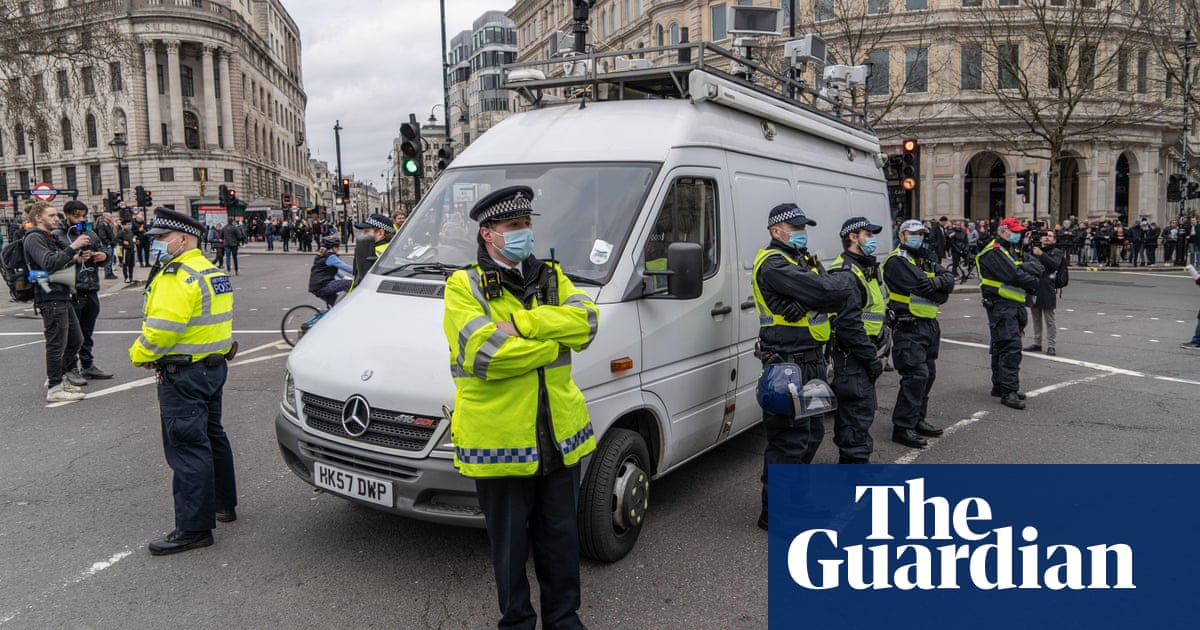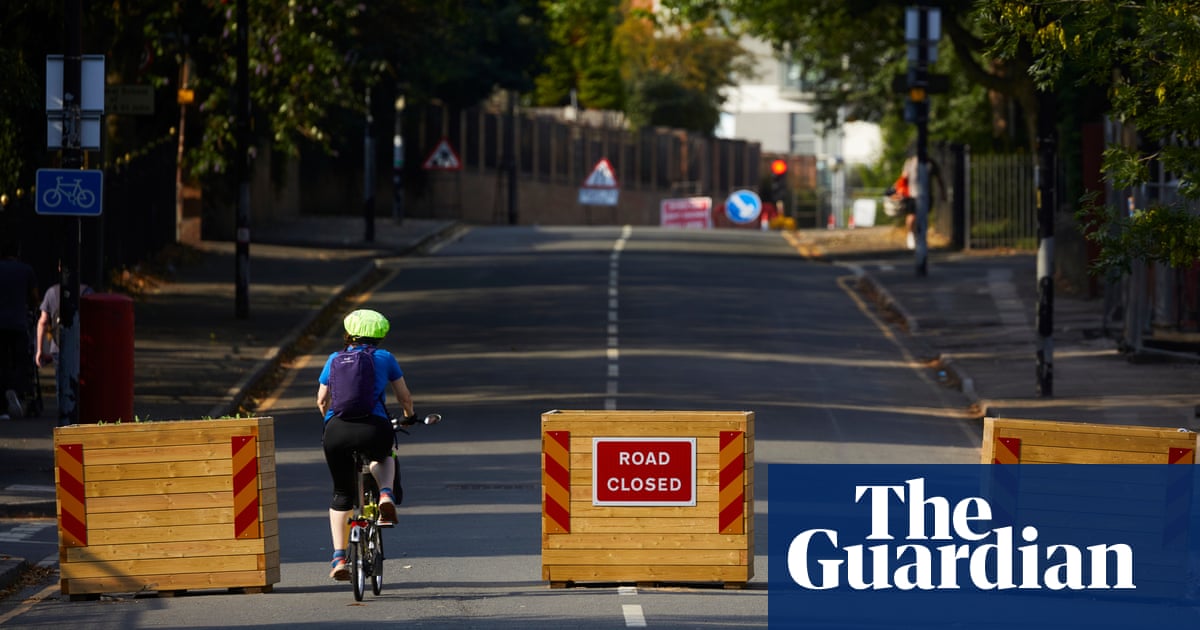
Dozens of cross-party MPs and peers have joined a campaign for an “immediate stop” to the use of live facial recognition surveillance by police and private companies.
The former cabinet minister David Davis, the Liberal Democrats leader, Sir Ed Davey, the Green MP Caroline Lucas and the former shadow attorney general Shami Chakrabarti are among 65 members of the House of Commons and House of Lords to call for a halt to the technology’s use.
The campaign is spearheaded by the privacy advocate Big Brother Watch and is also backed by 31 groups including Liberty, Amnesty International and the Race Equality Foundation.
Police have deployed live facial recognition at large-scale public events, including King Charles’s coronation.
The statement said: “We hold differing views about live facial recognition surveillance, ranging from serious concerns about its incompatibility with human rights, to the potential for discriminatory impact, the lack of safeguards, the lack of an evidence base, an unproven case of necessity or proportionality, the lack of a sufficient legal basis, the lack of parliamentary consideration, and the lack of a democratic mandate.
“We call on UK police and private companies to immediately stop using live facial recognition for public surveillance.”
The statement comes after the policing minister, Chris Philp, announced government plans to make UK passport photos searchable by police.
Philp said he planned to integrate data from the police national database (PND), the Passport Office and other national databases to help police find a match with the “click of one button”. Civil liberty campaigners said the plans would be an “Orwellian nightmare” that amounted to a “gross violation of British privacy principles”.
Sir Mark Rowley, the Metropolitan police commissioner, last month predicted that facial recognition technology would transform criminal investigations as much as DNA testing had done.
The director of Big Brother Watch, Silkie Carlo, said: “The UK’s reckless approach to face surveillance makes us a total outlier in the democratic world, especially against the backdrop of the EU’s proposed ban.
“As hosts of the AI summit in autumn, the UK should show leadership in adopting new technologies in a rights-respecting way. There must be an urgent stop to live facial recognition, parliamentary scrutiny and a much wider democratic debate before we introduce such a privacy-altering technology to British life.”
A Home Office spokesperson told the BBC that use of the technology had a “robust legal framework”. They added: “Facial recognition, including live facial recognition, has a sound legal basis that has been confirmed by the courts and has already enabled a large number of serious criminals to be caught.”










